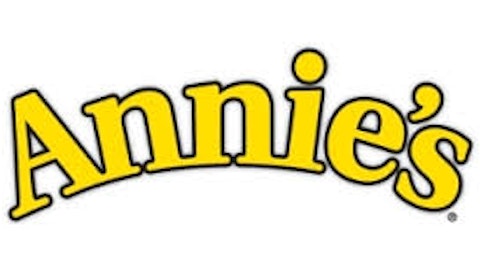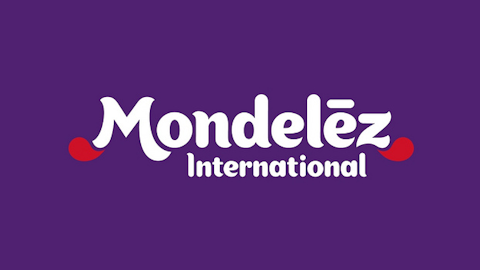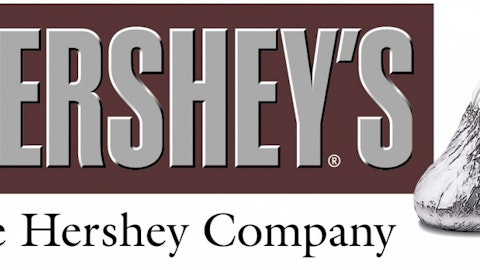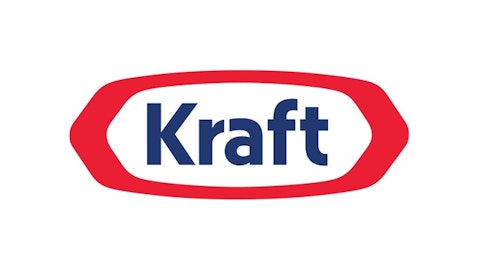Warren Buffett’s acquisition of H. J. Heinz Company (NYSE:HNZ) is not all that surprising — even in a richly valued market. Buffett understands that if an individual security is cheap, then it’s cheap regardless of the general level of the market. But what is a good deal for Buffett may not be a great deal for individual investors.
Great Business
Heinz is a great business because it owns great brands. The Heinz brand alone accounts for 40% of the company’s revenues; if you include the next 14 brands, Heinz’s top brands account for 70% of revenue. So you can say that 70% of Heinz’s business has some form of a moat in the form of strong brands.
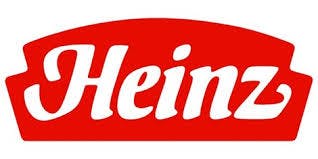
The real growth opportunity for Heinz is in emerging markets. Management has high expectations for sales growth abroad, which makes the company more attractive.
Kraft Foods Group Inc (NASDAQ:KRFT) is similar to Heinz in that it relies on strong brands for a wide moat. Buffett sold off positions in Kraft, Johnson & Johnson (NYSE:JNJ), and The Procter & Gamble Company (NYSE:PG) late last year, possibly in preparation for the Heinz acquisition.
Kraft was spun off when its parent company decided to split its North American grocery operations and global snacks business. The North American grocery business (now Kraft Food) does not have the same growth potential as the global snacks division, now Mondelez International Inc (NASDAQ:MDLZ).
Kraft’s brands are already found in 98% of U.S. households. Buffett liked Kraft for the same reason he likes Heinz — it has strong brands. Kraft’s brands give it a significant competitive advantage.
Mondelez, on the other hand, has some pretty good brands itself. It has a leading global market share in biscuits, chocolate, and candy. In contrast to Kraft, its brands are largely sold internationally and have high growth potential in emerging markets. Mondelez maintains consistent cash flow despite its growth prospects — another reason Buffett liked the combined company. Buffett was perturbed by its acquisition of Cadbury before the split, but the company is otherwise well-managed.
Great Return?
I think we’ve established that, like Kraft and Mondelez, Heinz is a great business. But great businesses do not always give high returns. Buffett is acquiring the company for $72.50 per share — a 20% premium to the day-earlier closing price of $60.48.
Heinz has shown that it can consistently turn $1 of sales into $0.10 in cash after all expenses each year. It hasn’t shown that it can sustain a higher rate of conversion, but it also never dips much lower. So a 10% free cash flow margin is likely to continue far into the future.
Over the last four quarters, Heinz has had $11.59 billion in sales. If you apply a 10% margin to that figure, you get free cash flow of $1.16 billion, or $3.62 per share. Divide $3.62 by $72.50 and you get a 5% initial free cash flow yield. So, basically, Buffett will earn a 5% annual return on his investment if Heinz does not grow.
